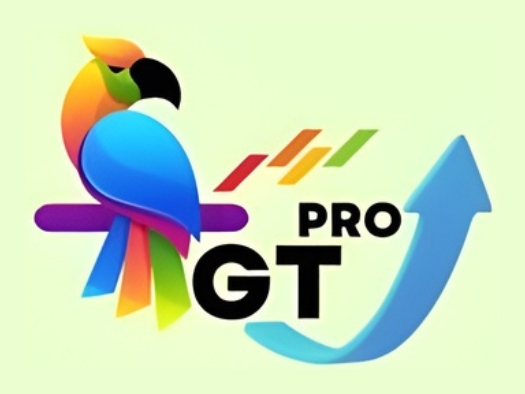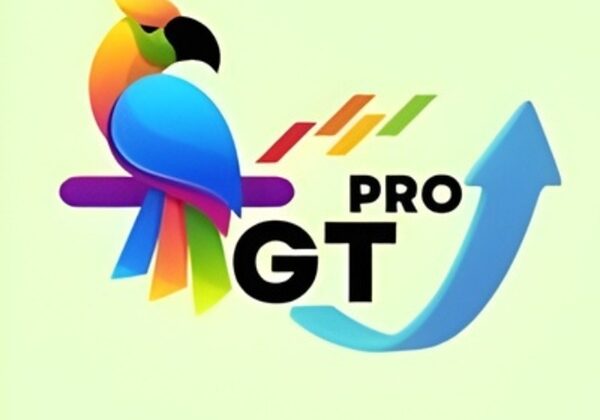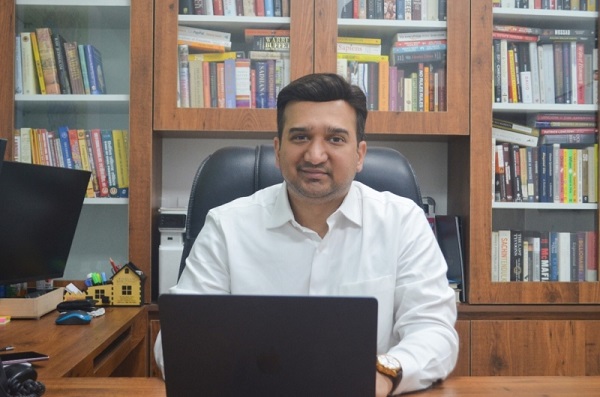
~ With his contributions Kunal Gupta has ushered an ecosystem of growth, opportunity, and merit in the Indian HR Industry. His platforms are using the new age of Artificial Intelligence to help provide jobs and livelihood to millions of people. ~
New Delhi: Kunal Gupta, Founder & MD, Mount Talent Consulting, Rozgar.com, and Value Innovation Labs, has been honored with the Times 40 under 40 North 2022 Awards for his outstanding contribution to the HR Industry. Through his exemplary work, he has ushered an ecosystem of growth, opportunity, and merit in the recruitment and staffing industry.
Organized by the Times Group and powered by OneXtel Media, the glittering event was attended by stalwarts in the industry. The platform identifies, encourages, and recognizes the excellence of the top 40 brightest young entrepreneurs, leaders, and innovators under the age of 40 from multiple fields such as Information Technology, Automobile, Consumer Durable, Retail, Real Estate, Education, Healthcare, E-Commerce, FMCG, Designs, Talent, Entertainment, Fashion, Hospitality, Service Industry, etc,
Elated on receiving the award from Cine Star Sonu Sood at Westin, Gurugram, Kunal Gupta said, “I am grateful to the Times Group for considering and acknowledging my work worthy of appreciation. This applause would not have been possible without the support of my team, partners and stakeholders.” He further shared, “My next mission is to provide 25 lakh jobs by 2025 using my job search platforms and services.”
Kunal Gupta has been instrumental in providing jobs and livelihood to more than 1.3 lakh people across levels, industries, and geographies. His platforms–Mount Talent Consulting & Rozgar.com–use new-age Artificial Intelligence to help provide jobs and livelihood to millions of people. He has launched AI-based products such as AI-based HRMS and AI-based job portals.
Kunal Gupta has been empowering the HR space with AI-driven Enterprise HRMS which has unique features to increase employee productivity by 70%. It has features that include a chatbot for interviews, Employee Productivity Management, Employee Performance Management, Secured Employee Communication–Voice, Video, and Group-based. Real-time task and employee tracking through Geotagging, Geofencing, real-time analytics, and chatbot-based helpdesk.
A first-generation entrepreneur, Kunal Gupta operates businesses in Employment, Technology, and Infrastructure across India, the US, the UK, South Asia & UAE. Having worked with more than 700 clients including Fortune 500 companies, his clients comprise Amazon, Boston Consulting Group, McKinsey, Accenture, Flipkart, Honeywell, Bharti Airtel, Mercedes, Ernst & Young, OYO Rooms, KPMG, Landmark Group- Worldwide, American Express, ICICI Bank, HDFC, Mphasis, Sapient – Publicis, Cognizant, Lazada – Alibaba group, Adobe Systems, and others.
Kunal Gupta has always addressed the concerns faced by clients through multiple solutions including onsite, offshore, project-based models, contractual temporary staffing models and also headhunting people at the leadership level for multiple organisations. It has defined the best practices in Human Resource Consulting, Market Intelligence, Compensation Benchmarking, Job Grading, Organisation Development, Training and Development, Recruitment and Staffing, Performance Management, etc
An avid speaker, he has been a voice for national & international forums on employment, technology, and entrepreneurship. He is also an active member and contributor to CII, TiE, NASSCOM, Sector Skill Councils, National Skill Development Corporation, MSME Industry bodies, Global Incubation Centres, and other associations.
His determination, perseverance, and zeal have made him the recipient of the iconic Philip Kotler’s “Emerging CEO of the Year” Award in 2020 and awarded & honoured by Chief Minister of Haryana, Shri Manohar Lal Khattar, for Industry Integrated Employment Promotion. He believes in living more-life-in-one-life to create a legacy and impact on the world.
Media Contact:
Rosy Sharma, +91 9582495515, rosy@valueinnovationlabs.com

















